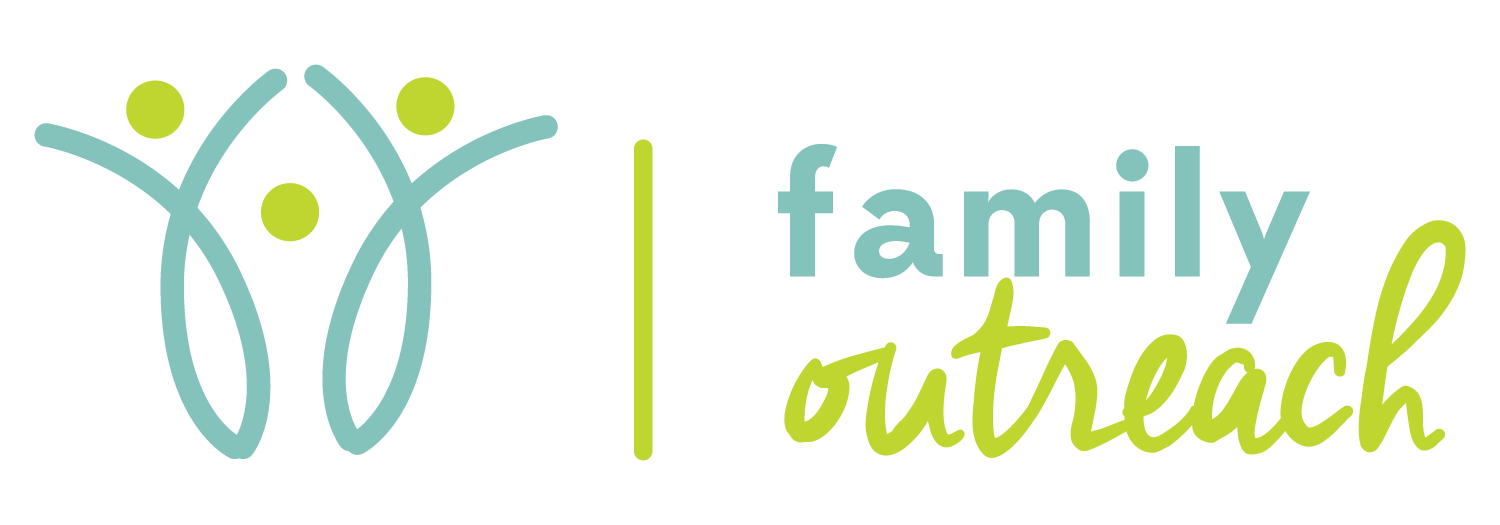Behaviorial Services
Applied Behavior Analysis (ABA) at Family OutreachFamily Outreach’s ABA intervention program can be implemented in the community and home. The ABA treatment package is designed with the family and based on assessed needs. Programs are typically comprehensive or focused.
Applied Behavior Analysis is a well-developed discipline among the helping professions with a mature body of scientific knowledge, established standards for evidence-based practice, distinct methods of service delivery, recognized experience and educational requirements for practice, and identified sources of requisite education in universities. Professionals in ABA engage in the specific and comprehensive use of principles of learning, including operant and respondent learning, to address the needs of individuals with autism spectrum disorder in diverse settings. Services are supervised by Behavior Analysts with expertise and formal training in ABA for the specific treatment of Autism Spectrum Disorder (ASD).
Additional information on ABA:
Applied Behavior Analysis (ABA) Infographic
ABATreatment of ASD: Practice Guidelines for Healthcare Funders and Managers
Comprehensive ABA Programs:
- Typically younger children between the ages of 15 months to eight years old.
- Intervention hours of 20 + hour per week for three years.
- Targeting defining symptoms of autism (e.g., communication, social skills, behavioral rigidity)
- Emphasis on skill acquisition, fluency, generalization, and maintance.
Focused ABA Program:
- Focused ABA refers to treatment provided directly to the client for a limited number of behavioral targets.
- Focused ABA treatment may involve increasing socially appropriate behavior (for example, increasing social initiations) or reducing problem behavior (for example, aggression) as the primary target.
- Focused ABA plans are appropriate for individuals who (a) need treatment only for a limited number of key functional skills or (b) have such acute problem behavior that its treatment should be the priority.
- Because of Family Outreach’s focus, Individuals over the age of eight with developmental delays or intellectual disabilities are eligible for Focused ABA services through our organization.
Getting Started:
- Call the Family Support Coordinator in your area (Bozeman: 406-587-2477, Butte: 406-494-1242, Helena: 406-443-7370) for a referral.
- ABA services are first authorized by the insurance carrier and medical provider before intervention is started.
- There are grants available to help cover out-of-pocket costs for services. A listing of some of the available grants can be found here.
- Ongoing family involvement in planning and implementation of the treatment plan is essential.
- Intervention time is determined by the best time for the child to learn the necessary skills.
- Parent or identified caregiver will be available and accessible during ABA intervention.
Outcome date reported by Dr. Garfinkle of the University of Montana for Family Outreach’s ABA Children’s Autism Wavier program
Symptom Reduction – 43% of children were non-autistic as measured by the CARS assessment
Functional Skills
- 71% had full community access
- 75% had verbal skills (50 or more words)
- 100% were toilet trained
Educational Outcomes
- 62% were no longer eligible for developmental disability program services
- 57% were in general education
- Family satisfaction was 81%
Behaviors that Applied Behavior Analysis intervention can help increase are:
- Language (i.e. requesting, listening, receptive)
- Imitation
- Gross/fine motor
- Cognitive (e.g., puzzles, matching, sorting, writing, pre-academic)
- Social, leisure, and Independent play skills
- Community skills (e.g., crossing the street safely, cooking, shopping)
- Activities of daily living (e.g., toileting, dressing, brushing teeth)
Behaviors that Family Outreach’s ABA therapy can help decrease are:
- Hitting
- Biting
- Screaming
- High rate stereotypic behaviors
- Discrete Trial Teaching (DTT)
- Natural Environment Teaching (NET)
- Verbal Behavior (VB)
- Prompting and Fading
- Shaping and Chaining
- Errorless Learning
- Reinforcement
- Positive Behavior Support
- Functional Behavior Assessment
